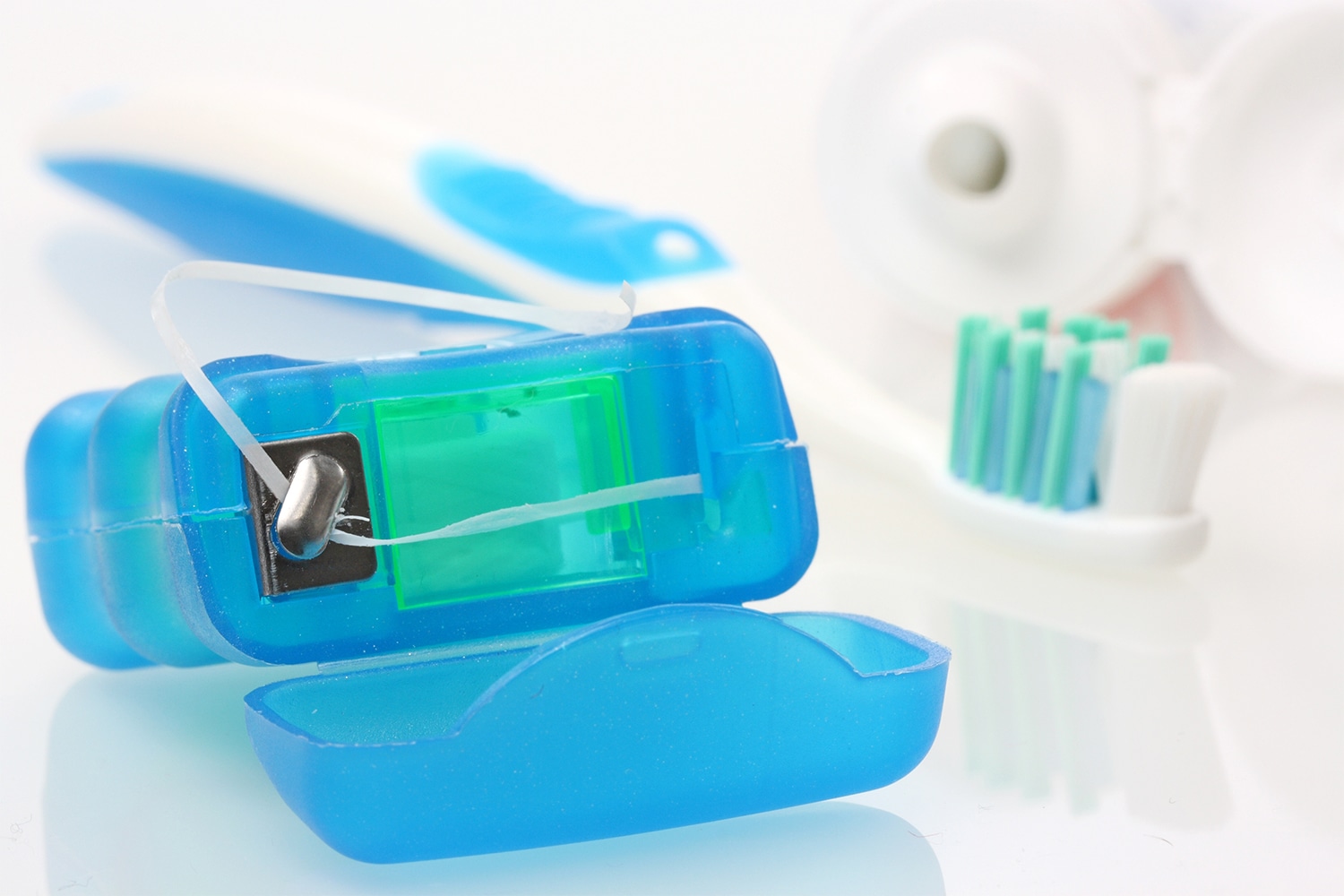REGULAR BRUSHING and flossing protect the health of teeth and gums, but good dental hygiene may also confer other benefits. A study published in the August 2017 issue of Cancer Epidemiology, Biomarkers & Prevention adds to evidence that maintaining healthy gums is associated with lower risk for certain cancers.
The study found that postmenopausal women with a history of gum disease, also known as periodontal disease, had a 14 percent increased risk of being diagnosed with cancer over a period of about eight years compared to those with healthy gums. An earlier study in men also found that those with a history of periodontal disease were more likely to develop cancer. Half of American adults are estimated to suffer from periodontal disease.
“Because so many adults have periodontal disease, the public health impact of a 14 percent increase in cancer risk can be huge,” says Jean Wactawski-Wende, an epidemiologist at University at Buffalo, State University of New York, who led the study.
The researchers relied on data from the ongoing Women’s Health Initiative Observational Study, which has been following the health of more than 93,000 older U.S. women since the 1990s. The new study included 65,869 women who had answered the question “Has a dentist or dental hygienist ever told you that you had periodontal or gum disease?”
Women with a history of periodontal disease had about a threefold increase in risk for esophageal cancer. They also had smaller increases in risk for breast, lung, gallbladder and melanoma skin cancers.
Smokers are at increased risk of developing many cancers. They also have twice the risk of gum disease compared to nonsmokers. But the researchers found that women with periodontal disease had an increased risk of developing cancer whether they smoked or not.
Although it’s not yet clear how gum disease might lead to cancer, periodontal bacteria have been linked to inflammation, both in the gums and elsewhere in the body. Chronic inflammation has been associated with increased cancer risk.
While the study indicates that women who have healthier gums have a lower rate of cancer, Wactawski-Wende says, it is not certain that taking better care of your gums will reduce cancer risk. However, maintaining oral hygiene has clear advantages for oral health, Wactawski-Wende says. “It would be extremely beneficial for people to be aware of this and try to maintain their oral health by brushing, flossing and seeing a dental health professional regularly.”
Cancer Today magazine is free to cancer patients, survivors and caregivers who live in the U.S. Subscribe here to receive four issues per year.





